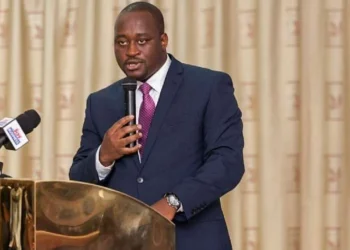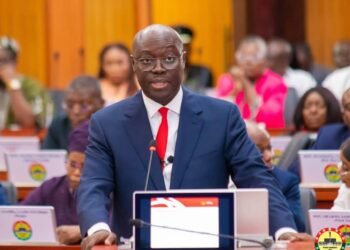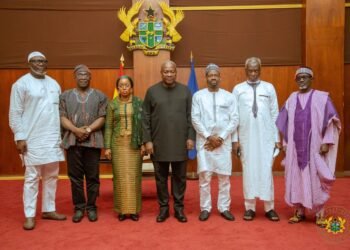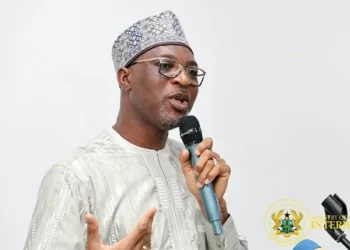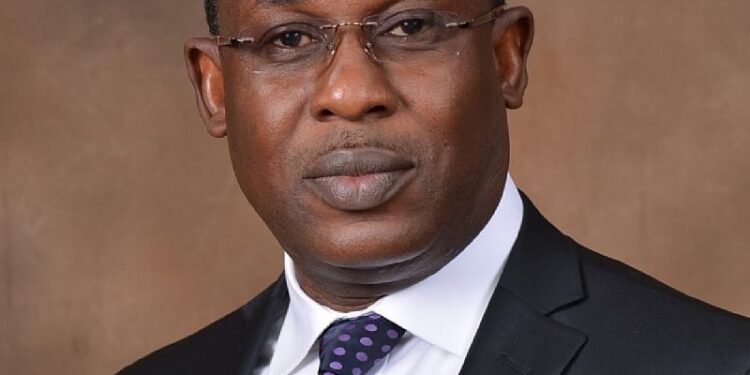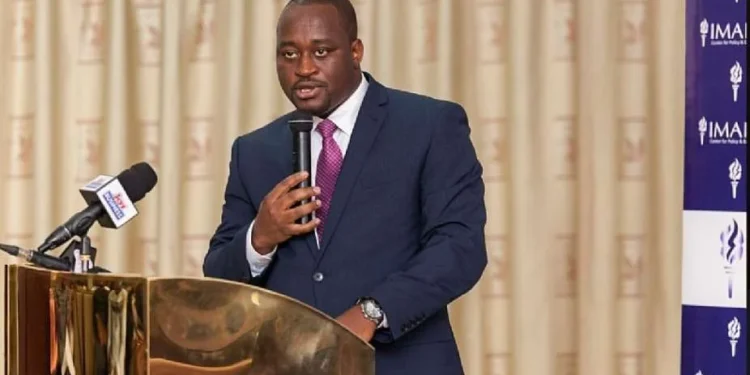Ghana’s Finance Minister, Dr. Cassiel Ato Forson, has announced sweeping reforms aimed at tightening contract evaluation processes through the establishment of an Independent Value-for-Money Office, signalling what he described as a long-overdue shift in the country’s public financial governance.
Speaking in a post-budget media interview, the Minister said the new office would be central to efforts to curb contract inflation, strengthen accountability, and ensure that public resources deliver real value to citizens.
According to Dr. Forson, the government has for years lacked the proper national structure to verify whether contracts awarded across ministries, departments, and agencies reflect fair pricing or have been inflated. He described the current arrangement as inadequate, fragmented, and incapable of providing the scrutiny needed to safeguard the public purse.
“We are establishing an independent value for money office. We think it’s long overdue. The current structure of value for money is more or less given, and we need to reform how contracts are evaluated.”
Ghana’s Finance Minister, Dr. Cassiel Ato Forson
The Minister explained that despite the Ministry of Finance undertaking some form of value-for-money assessment, the process has been limited by both institutional design and technical capacity. At present, the Ministry’s legal department shoulders responsibility for such assessments, but Dr. Forson insisted that this model is not fit for purpose.

He stressed that inflated and overpriced contracts have become a systemic challenge, largely because Ghana does not have a dedicated, technically capable institution to independently assess contract values before funds are committed.
For him, the establishment of the new office is not merely administrative—it is essential to halting financial waste and rebuilding trust in the government’s procurement processes.
Benchmarking of International Models
Dr. Forson revealed that the new Value-for-Money Office has been designed after extensive benchmarking of international models. He stated that the government studied systems in the United States, Canada, the United Kingdom, Australia, and others, in order to develop an institution that reflects global best practice while aligning with Ghana’s governance framework.
“We modelled ours in line with best practise,” he said, emphasising the government’s intention to build an office that meets international standards from day one. Once operational, the Minister indicated that the office will be independent and will serve as a national benchmark institution responsible for evaluating the worthiness of contracts before public funds are committed.
He added that the office will not conflict with the mandate of the Public Procurement Authority (PPA), addressing concerns about potential overlap. “It’s not going to overlap the interests of the public procurement authority. A public procurement authority does not have a mandate to do value for money,” he clarified.
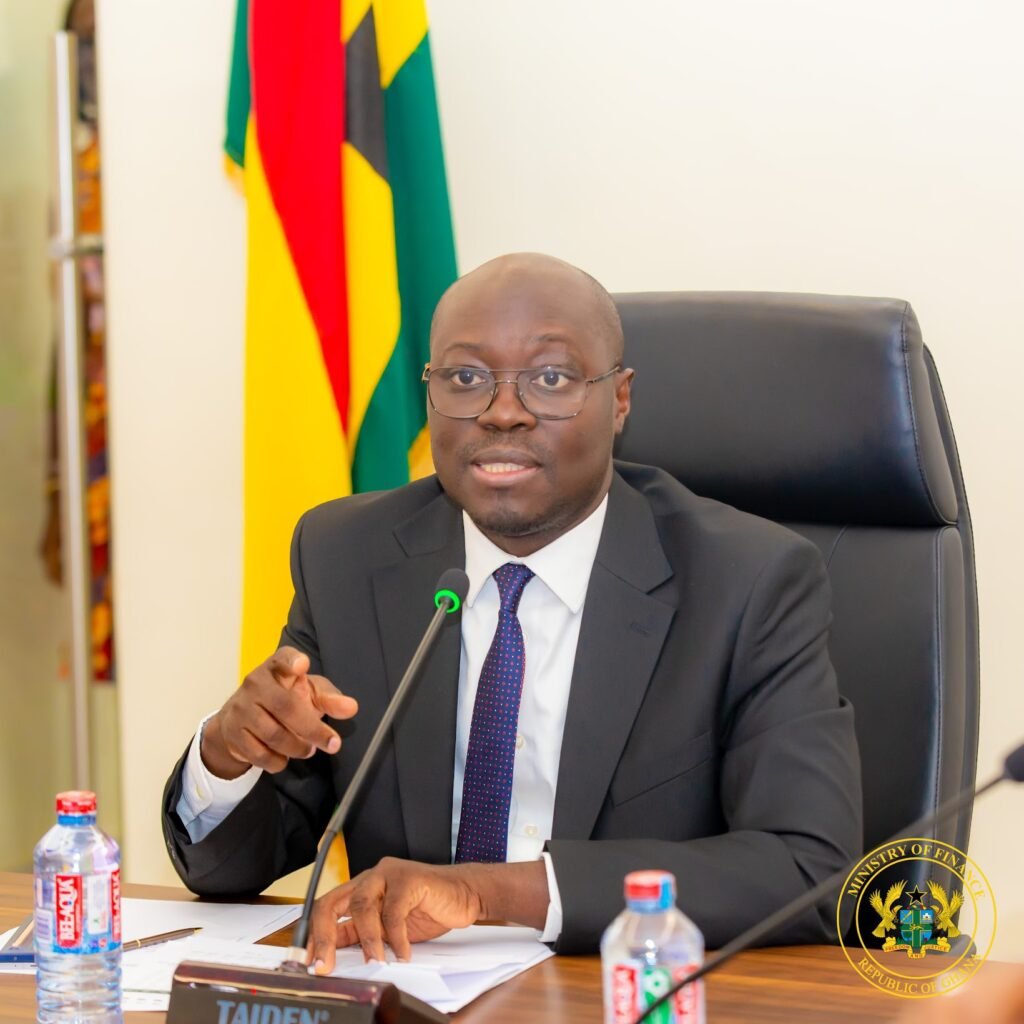
Rather, he explained, the PPA focuses on procurement processes and compliance, while the new Office will focus strictly on the financial integrity and economic justification of contracts.
Dr. Forson also addressed questions regarding the Ministry of Finance’s past capacity to conduct effective value-for-money analysis. He was emphatic that although the Ministry has always attempted to perform these assessments, the technical limitations have hindered thorough and consistent evaluations.
“We do not have the expertise to be able to do proper value for money,” he admitted, describing this competency gap as a driving force behind the reform. The establishment of the Independent Value-for-Money Office, he said, is therefore designed to fill this gap by equipping the institution with the legal authority, professional expertise, and operational independence required to carry out rigorous assessments.
Sanitising Ghana’s Expenditure Processes
The Finance Minister’s comments form part of a broader reform agenda aimed at sanitising Ghana’s expenditure processes, restoring discipline in public spending, and ensuring that contracts funded by taxpayers deliver development impact rather than becoming conduits for revenue loss.
The announcement comes at a time when the government is under increasing pressure to enhance transparency and accountability, especially in light of persistent concerns about inflated contracts and resource misallocation.

As Ghana navigates a tough fiscal climate, Dr. Forson’s insistence on establishing an independent institution dedicated to contract evaluation marks a significant step in addressing structural inefficiencies long embedded in the procurement and expenditure chain.
Whether the Value-for-Money Office will deliver the transformation envisioned will depend on its enforcement powers, professional competence, and the broader political commitment to institutional reform.
READ ALSO: We’re On the Right Path’: Ato Forson Maps Out Jobs and Growth Agenda to Sustain Gains





